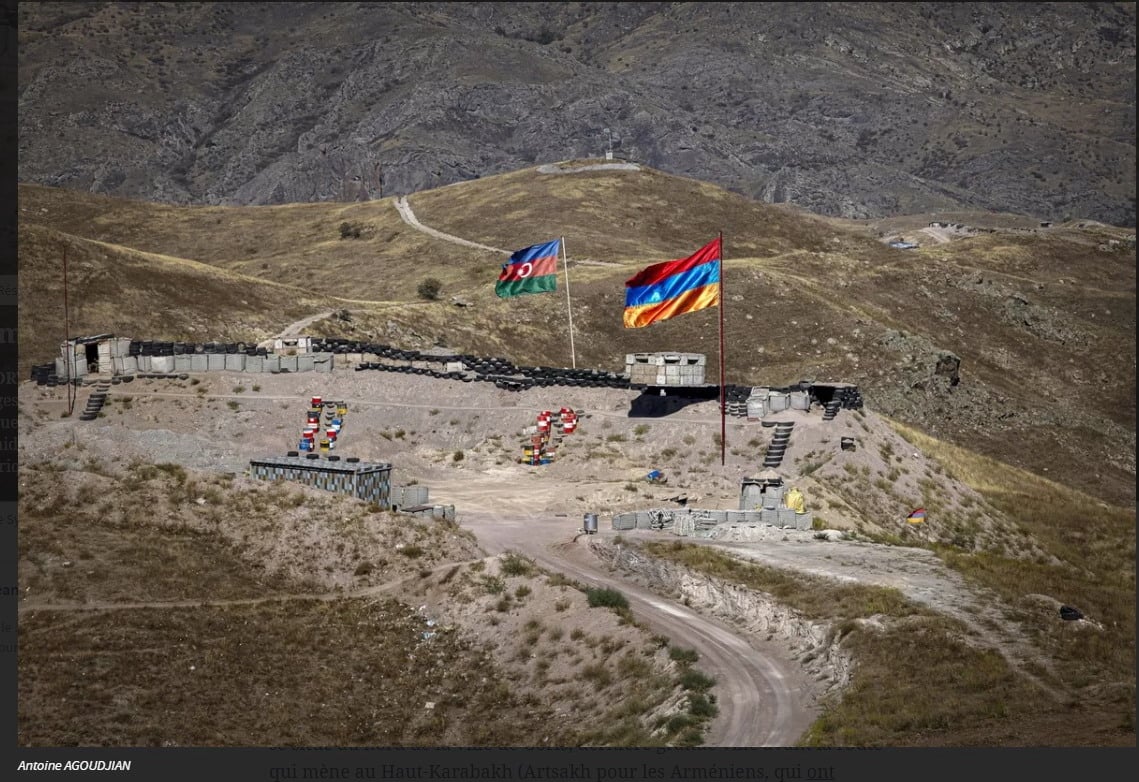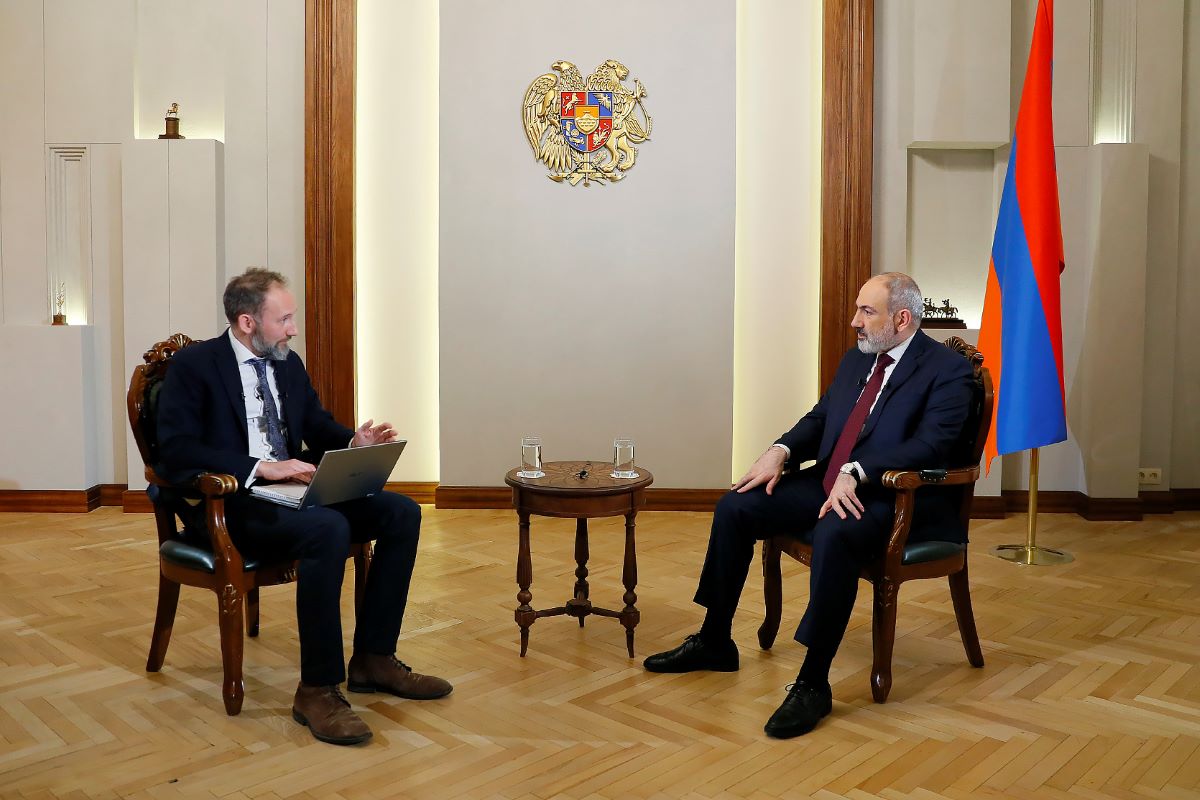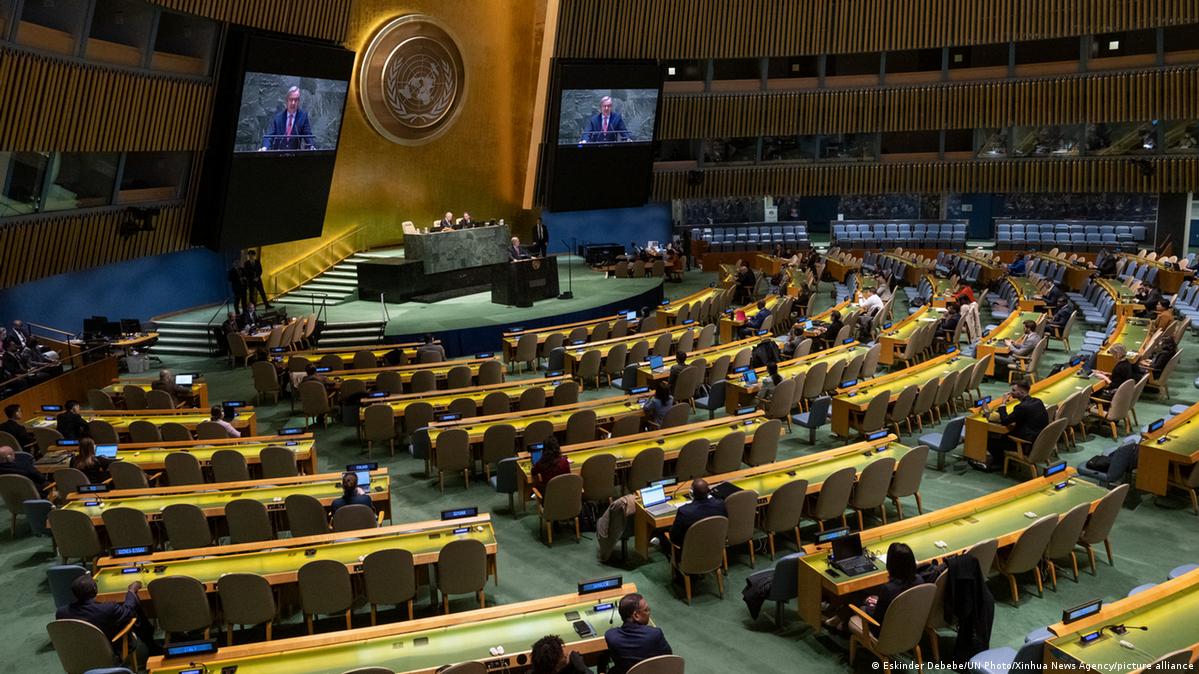Turkey's role as a mediator in Armenia-Azerbaijan talks: What will come of it?
Turkey as the mediator in the talks
Russia’s questionable mediation in the Armenian-Azerbaijani conflict allows Turkey to claim the role of the new official moderator of the Yerevan and Baku negotiations. This is also facilitated by the ongoing confrontation between the West and Russia. The USA is proposing Turkey take on the mediator role to finally push Russia out of the region. Despite this, for Armenia, this candidate is more than doubtful, and the American partners are aware of it.
The feasibility of Turkey’s mediation began to be actively discussed in Armenia after the joint statement by US secretary of state Antony Blinken and Turkish foreign minister Hakan Fidan. They announced the “readiness to work together towards promoting a balanced and lasting peace treaty between Armenia and Azerbaijan.”
In response, Armenian experts reminded that a mediator should be a neutral party capable of resolving disputes. However, Turkey itself has unresolved issues with Armenia, including a closed border.
The need for the mediator to maintain a neutral stance was also stated by the prime minister of Armenia, Nikol Pashinyan, during his last press conference. On the other hand, he emphasized the importance of the ongoing communication with Turkish colleagues, maintaining constant contact between the special representatives of the two countries for the normalization of relations.
The Armenian foreign minister, Ararat Mirzoyan, noted that “the positions of Turkey and Azerbaijan on the Armenian-Azerbaijani conflict are identical, which does not prevent the creation of conditions for mediation.”
Comments on whether Turkey can become the moderator in resolving the Armenian-Azerbaijani conflict from the turkologist Ruben Safrastyan.
- “We will not give up anything to anyone” – Pashinyan on protecting Armenian territories
- “Baku is laying the groundwork for another aggression against Armenia” – Armenian political analyst
- “Ultimatum to Aliyev”: Opinions from Yerevan on the European Parliament’s report
Ruben Safrastyan, turkologist
Carte blanche from the West
“Although Turkey is an integral part of the West, there was a period when their relations cooled. Now, a period of rapprochement, a warming of relations between Turkey and the collective West has begun, to the extent that the West trusts Ankara with a mediating role in the South Caucasus region.
The proposal to help establish peace and security in the region was first made by the European Union special representative for the South Caucasus and the crisis in Georgia, Toivo Klaar.
“The work on a peace treaty between Armenia and Azerbaijan could be completed this year. Leaders must take responsibility and sign an agreement perceived by the parties as fair. The history of Europe over the last 100 years shows the fragility of a peace imposed by the victor. The EU is involved in ensuring the stability and security of the South Caucasus in the long term.
Peace is possible. Turkey can be beneficial in establishing regional peace as the leading country in the region,” Toivo Klaar stated during a panel discussion on “Peace, Development, and Connectivity in the South Caucasus,” held as part of the diplomatic conference in Antalya in early March.
The intention to involve Turkey as a mediator in the Armenian-Azerbaijani conflict is also present in the USA. This is evidenced by the statement made following the meeting of the American-Turkish strategic mechanism held in Washington. US Secretary of State Antony Blinken and Turkish Foreign Minister Hakan Fidan pledged to collaborate to achieve a peace agreement between Yerevan and Baku.
“In the South Caucasus, secretary Blinken and minister Fidan committed to working together to promote a balanced and durable peace agreement between Azerbaijan and Armenia that will contribute to regional stability, cooperation, and prosperity,” the statement from March 9 says.
In short, the West has given Turkey carte blanche to intensify its policy in the South Caucasus.”
-
Background: everything about Armenia's relations with Turkey
In 1991, after the collapse of the USSR, Turkey de facto recognized Armenia but has since refused to establish diplomatic relations. Since 1993, Turkey has unilaterally closed its air and land borders with Armenia. Through the efforts of the international community, the air border was reopened in 1995, but the land border remains closed.
Attempt to normalize after the Karabakh War
Talks on normalizing Armenian-Turkish relations intensified after the 2020 war. In December 2021, Yerevan and Ankara expressed readiness to take steps towards their resolution. The countries appointed special representatives for this process. They have met four times, but there have been no significant advancements from the negotiations so far.
In July 2022, the special representatives for normalization of relations between Armenia and Turkey reached agreements:
“to enable the crossing of the Armenian-Turkish land border for third-country nationals,
to start direct cargo flights between Armenia and Turkey.”
Turkey informed Armenia about the cancellation of the ban on direct cargo flights on January 6, 2023. The first point has still not been implemented.
Meetings and negotiations of country leaders and foreign ministers
From March 10-12, 2022, the Armenian Foreign Minister participated in the Antalya Diplomatic Forum at the invitation of Turkey.
On October 6, 2022, during the summit of the European Political Community, Armenian prime minister Nikol Pashinyan met with Turkish president Recep Tayyip Erdogan.
In February 2023, following the devastating earthquake in Turkey, the Armenian government sent a 27-person search-and-rescue squad to the city of Adıyaman.
In addition, humanitarian aid was sent to Turkey. On February 11, five Armenian trucks crossed the Armenian-Turkish land border at Margara-Alican (Iğdır) for the first time since 1993 and headed to Turkey. On February 15, the border reopened for a second batch of humanitarian aid.
On February 15, a meeting of the foreign ministers of Armenia and Turkey took place in Ankara.
From March 1-3, 2024, the Armenian foreign minister once again participated in the Diplomatic Forum in Antalya.
Previous failed attempt at normalization
The previous attempt to normalize relations was dubbed “football diplomacy.” It began on September 6, 2008, when the president of Turkey, Abdullah Gül, arrived in Armenia. Along with Armenian president Serzh Sargsyan, they watched a football match between the national teams of the two countries. This was followed by negotiations, resulting in the signing of protocols on establishing diplomatic relations and on the principles of relations in Zurich in 2009. However, these documents were never ratified by either side.
In December 2009, Turkish prime minister Recep Tayyip Erdogan declared that Ankara would not ratify the protocols until the Karabakh conflict was resolved. The ratification process in the Turkish parliament was frozen. In response, the Armenian side declared that the protocols should be signed without preconditions. And on April 22, 2010, the decision was made to suspend the ratification process of the protocols. Five years later, the president of Armenia withdrew the Armenian-Turkish protocols from the National Assembly. On March 1, 2018, Armenia announced their annulment.
Why is turkey being promoted as a mediator?
“Currently, we are witnessing a deterioration in relations between the West and Russia. The West is facilitating the process of pushing Russia out of the South Caucasus, and Turkey is beginning to play an important role in this process.
In strategic visions for displacing Russia from the South Caucasus, Turkey is seen as part of this collective West.
A significant role in this matter is played by the Turkish foreign minister, Hakan Fidan, known in Western circles, in NATO. He is a graduate of the University of Maryland, and it is he who is facilitating the warming of relations between the West and Turkey.
Fidan is a master of diplomacy. Since 2010, he has led Turkish intelligence. He also played a significant role in the secret diplomacy Turkey applied towards those states with which it had poor relations. By the way, he achieved considerable success.”
Will Turkey abandon its anti-Armenian policy?
“Whether Turkey can play the role of a more active power center in the region entirely depends on the leadership of the country itself.
Turkey must abandon the policy it has pursued towards Armenia for over 30 years. Especially in recent years, when it actively resorted to pressure methods on Yerevan, unconditionally supported Azerbaijan, and took direct and effective part in the war against Nagorno-Karabakh. If Turkey can abandon its negative attitude towards Armenia, then it might have some chance.
But so far, I have not seen any signs of Turkey abandoning its anti-Armenian policy. I haven’t seen any real actions on their part regarding the issue of opening borders, which is important for both Armenia and Turkey itself. I haven’t seen a desire to pursue a more neutral policy in resolving the Armenian-Azerbaijani conflict.
Turkey must demonstrate all these changes comprehensively. Otherwise, it will miss its chance to play the mediating role granted by the West, which it has aspired to for decades.”
Turkey’s demands
“Meanwhile, Turkey continues to present not just preconditions but demands to Armenia. Last year, the president of Turkey, Erdogan, emphasized that these are demands, not conditions.
Turkey wants Armenia to make unilateral concessions in negotiations with Azerbaijan, for Armenia to provide the so-called ‘Zangezur Corridor’ at the expense of its territorial integrity, and to abandon the policy of condemning the Armenian genocide.
The Armenian genocide was a mass slaughter in Ottoman Turkey in 1915. Before that, about two and a half million Armenians lived on the territory of the Ottoman Empire. As a result of killings and mass deportations, more than half of them died. Armenia and several Western countries and organizations officially recognize these events as genocide. Turkey categorically does not accept this formulation.
However, recently, the refusal of the policy of condemning the Armenian genocide in Turkey is not articulated as often. But only because this country solves its issues sequentially. This is the policy of gradual, small steps.”
The choice is Armenia’s
“Thus, either Turkey abandons its former policy and suddenly becomes an honest moderator, which I think is unlikely, or it continues its current anti-Armenian policy, using Azerbaijan to strengthen its positions in the region.
But then Armenia might reject Turkey’s mediating role. There’s nothing to discuss with such a Turkey.”
Who will take on the mediator role?
“In a strategic plan, the West intends to further weaken Russia’s positions in the region. If Turkey cannot play the moderator role assigned to it, other Western powers may become more active instead.
These could be the USA or France. But France has less potential. And Azerbaijan may refuse its mediation.
That leaves the USA, which currently is not particularly keen on getting involved in this process due to a vast number of other problems in different conflict regions.
That is precisely why they are giving Turkey the green light. But I think Ankara is not yet ready for this role.”






















